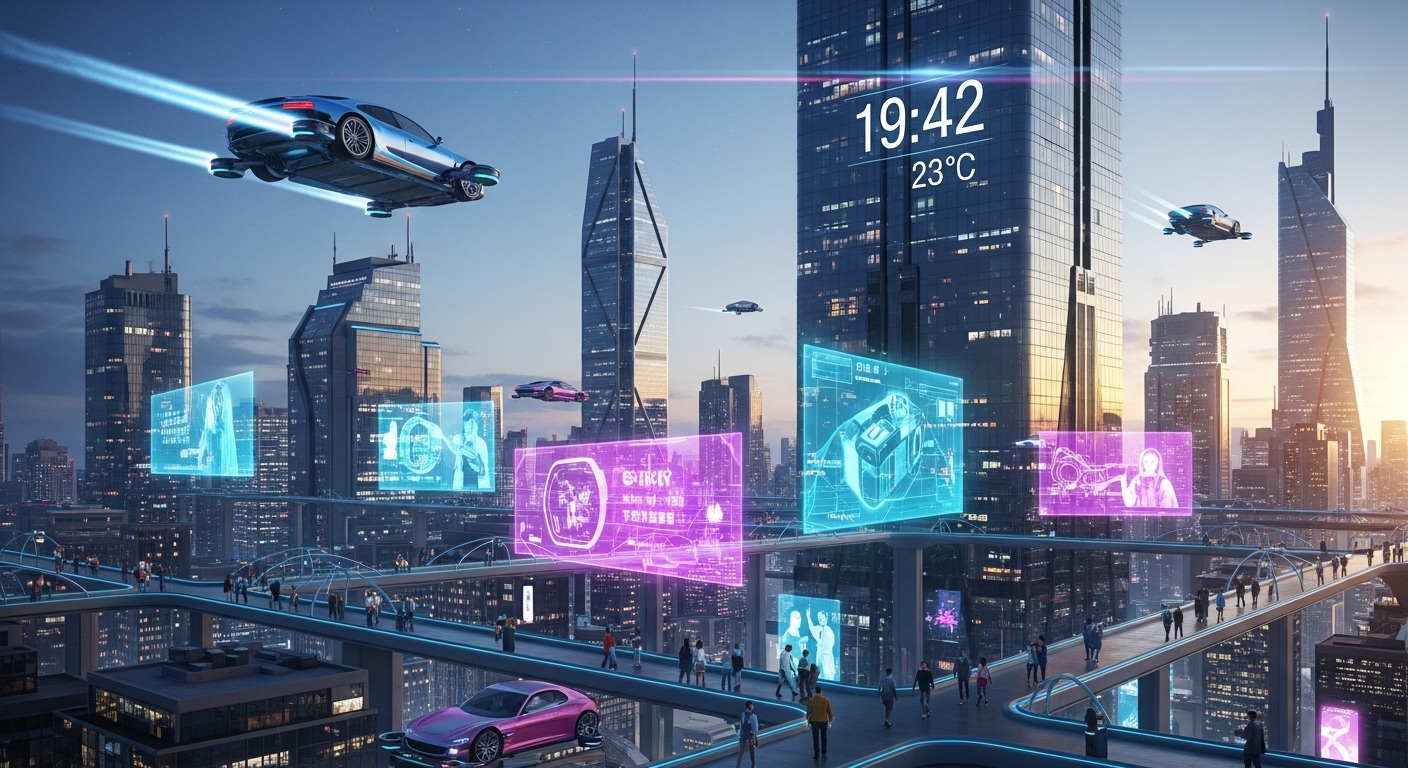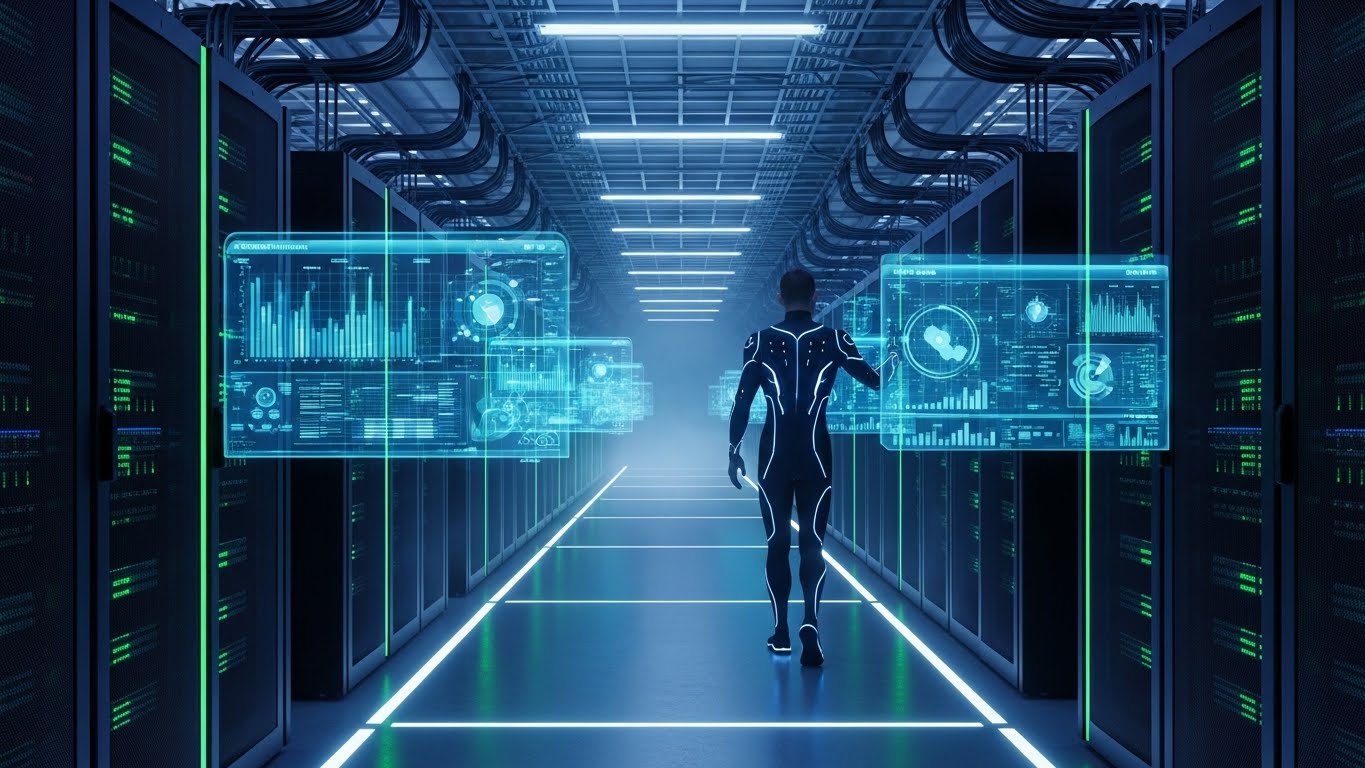Technology has evolved at an astonishing pace, reshaping every aspect of our lives. From the earliest discoveries of basic tools to the sophisticated AI systems that power our smartphones, technology has been the driving force behind some of the most significant changes in human history. This blog post aims to explore the evolution of technology, tracing its journey from ancient times to the present day, and examining how it has transformed society in various ways.
The Beginnings: Stone Tools and the Birth of Innovation
The story of technology begins in the Stone Age, where our ancestors crafted simple tools from rocks and wood. These early tools were the first examples of humans manipulating their environment to meet their needs, laying the foundation for future technological advancements. Although primitive by modern standards, these tools marked the beginning of our ability to control and alter the world around us.
As human societies evolved, so did the tools they used. The discovery of fire, the invention of the wheel, and the development of agriculture were pivotal moments in human history, all driven by technological advancements. The invention of writing, around 3,000 BCE, enabled the recording and sharing of knowledge, a key step in the development of civilization. It allowed societies to preserve information across generations, creating the basis for the complex cultures and economies that would follow.
The Industrial Revolution: The Rise of Machines
The next major leap in technological progress came during the Industrial Revolution in the 18th and 19th centuries. This period marked a radical shift in the way goods were produced and consumed, thanks to innovations like the steam engine, the spinning jenny, and mechanized looms. These inventions led to the rise of factories, mass production, and a shift from agrarian economies to urban industrial ones.
The Industrial Revolution had a profound impact on society. It led to the rapid growth of cities as people moved from rural areas to work in factories. It also brought about significant changes in labor, as machines began to replace manual work. While this shift created economic opportunities for many, it also led to exploitation and poor working conditions for the working class. The era saw the rise of labor movements and the eventual implementation of workers’ rights laws, but it also brought about significant environmental challenges, such as pollution and deforestation.
The Digital Revolution: The Rise of Computers and the Internet
The 20th century brought about the most significant technological revolution in human history: the rise of computers and the internet. The development of the first computers in the mid-1900s revolutionized many industries, from science and engineering to finance and medicine. Early computers were massive, room-sized machines that were primarily used by governments and large organizations. However, as technology advanced, computers became smaller, more affordable, and more accessible to the general public.
The creation of the internet in the late 20th century changed the world in ways that were once unimaginable. Initially a tool for military communication, the internet grew into a global network that connected people from all corners of the world. It facilitated the exchange of information, enabling individuals and businesses to collaborate across borders. The internet also led to the rise of new industries, such as e-commerce, online entertainment, and social media.
The digital revolution was accompanied by the proliferation of personal computers, smartphones, and other connected devices. These devices have become an integral part of daily life, transforming how we communicate, work, and entertain ourselves. Social media platforms like Facebook, Twitter, and Instagram have redefined how we interact with each other, allowing people to stay connected and share experiences in real time. Meanwhile, the rise of e-commerce giants like Amazon has revolutionized the way we shop, making it possible to buy almost anything with just a few clicks.
Artificial Intelligence and Automation: The Future of Technology
As we move further into the 21st century, one of the most exciting and transformative areas of technology is artificial intelligence (AI) and automation. AI refers to the development of machines and software that can perform tasks that typically require human intelligence, such as speech recognition, problem-solving, and decision-making. Machine learning, a subset of AI, allows computers to learn from data and improve their performance over time without human intervention.
AI has already begun to make a significant impact on industries like healthcare, finance, and transportation. In healthcare, AI is being used to analyze medical data, assist in diagnosis, and even develop new treatments. In finance, AI-powered algorithms are being used to predict market trends and automate trading. In transportation, self-driving cars are poised to revolutionize how we travel, reducing accidents and traffic congestion while increasing efficiency.
While AI and automation offer tremendous potential, they also raise important ethical and societal questions. The automation of jobs, for example, could lead to widespread unemployment and economic inequality. There are also concerns about the use of AI in surveillance and its potential to infringe on privacy rights. As AI continues to evolve, it will be crucial for society to navigate these challenges and ensure that technological progress benefits everyone.
The Impact of Technology on Society
1. Social Changes
One of the most profound impacts of technology on society has been its effect on human relationships. The rise of social media has revolutionized how we interact with one another. On the one hand, social media platforms have allowed people to stay in touch with friends and family, regardless of geographic location. They have also provided a platform for marginalized voices and enabled social movements to gain traction quickly.
On the other hand, social media has also been criticized for contributing to a decline in face-to-face communication and increasing feelings of isolation. The constant need for validation through likes and shares has been linked to mental health issues, particularly among young people. Moreover, the spread of misinformation and fake news on social media platforms has raised concerns about the impact on democracy and public trust.
2. Economic Shifts
Technology has also led to significant changes in the global economy. The rise of automation and AI is transforming industries and creating new economic opportunities, but it is also leading to job displacement. While automation has increased productivity in many sectors, it has also rendered many jobs obsolete, particularly in manufacturing and low-skill industries.
The gig economy, fueled by platforms like Uber, Airbnb, and TaskRabbit, has created new types of employment, allowing individuals to work on a flexible, freelance basis. While this has provided economic opportunities for some, it has also raised concerns about job security, lack of benefits, and the erosion of workers’ rights.
Moreover, the global nature of the internet has led to the rise of multinational corporations that can operate in virtually every country. While this has created opportunities for businesses to reach global markets, it has also led to increased economic inequality, as large companies often dominate markets and stifle competition.
3. Ethical and Privacy Concerns
With the rapid development of technology comes a host of ethical concerns. One of the most pressing issues is the erosion of privacy in the digital age. As more personal data is collected by companies and governments, there are growing concerns about how that data is being used and who has access to it. The rise of surveillance technologies, such as facial recognition, has raised alarms about the potential for authoritarian control and the infringement of civil liberties.
Additionally, the ethical implications of AI and automation are a topic of ongoing debate. As machines become more capable of performing tasks traditionally done by humans, there is a growing concern about the displacement of workers and the widening of economic inequality. How society chooses to address these issues will have profound implications for the future of work and social justice.
4. Environmental Impact
Technology has had both positive and negative effects on the environment. On the one hand, innovations in clean energy, such as solar power and wind energy, are helping to reduce our reliance on fossil fuels and mitigate the effects of climate change. Additionally, technologies like electric vehicles and smart grids are improving energy efficiency and reducing carbon emissions.
However, the rapid growth of technology has also contributed to environmental degradation. The production of electronic devices and the disposal of e-waste have significant environmental consequences. The extraction of rare earth metals used in the production of electronics has led to environmental destruction in many parts of the world. Furthermore, the energy consumption of large data centers and cryptocurrencies has raised concerns about their contribution to global warming.
Looking Ahead: The Future of Technology
As we look to the future, the potential for technology to continue transforming society is limitless. The ongoing development of AI, quantum computing, and biotechnology promises to unlock new possibilities that were once the stuff of science fiction. From curing diseases to solving complex global challenges, technology will continue to play a central role in shaping the future.
However, with this potential comes responsibility. It is essential that society takes a proactive approach to managing technological advancements, ensuring that they are used ethically and for the benefit of all. By addressing the challenges posed by technology—such as privacy concerns, job displacement, and environmental impact—we can harness its power to create a more just, equitable, and sustainable world.
Conclusion
The evolution of technology has been one of the defining features of human history. From the invention of simple tools to the rise of AI and automation, technology has shaped the way we live, work, and interact with one another. While technology has brought about significant advancements, it has also raised important questions about its impact on society. As we continue to innovate, it is crucial that we approach technology with caution, ensuring that it serves the greater good and benefits everyone. The future of technology holds tremendous promise, and with the right approach, we can harness its power to create a better world for future generations.



